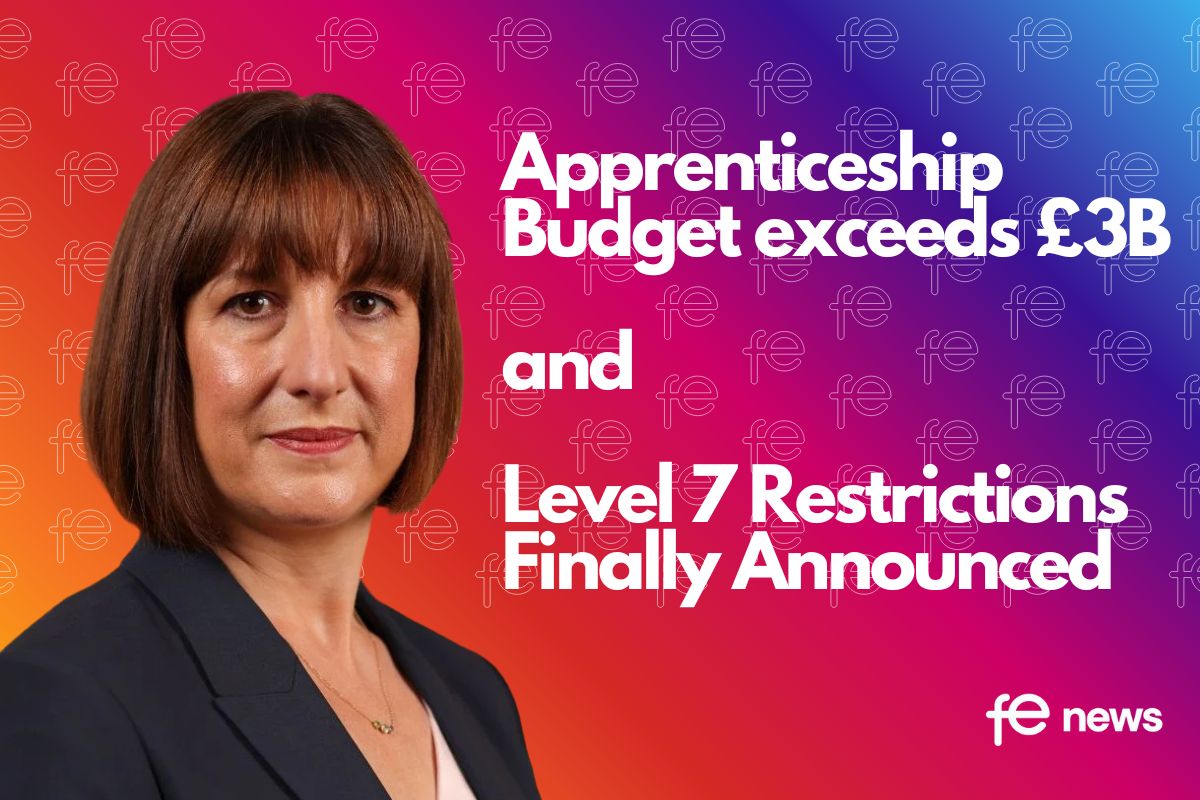Only 18% of young people positive about career prospects

New @NCFE survey has found that less than 1 in 5 (18%) of the UK’s 16-24-year-olds feel positive about their future career prospects
“It is clear that in the months to come we will face a youth employment challenge unlike any we have seen.
“The long-term, scarring impact of youth unemployment is well understood. Young people who experience long-term unemployment are more likely to be employed in semi-skilled and unskilled occupations when they do re-enter the labour market; and, are likely to suffer a negative impact on earnings over the duration of their working life.
“Our challenge is to support young people to train, find and progress in work in spite of the current context. We want to prevent a generation of young people suffering the long-term effects that we know are associated with a prolonged period of youth unemployment.
“It is clear that the road to recovery in the aftermath of Covid-19 will be long and arduous. There is good reason to believe that, given the crutch of the furlough scheme, we have not yet seen the full impact the pandemic will have on employment levels. Upskilling and reskilling are being upheld as crucial to economic recovery, so it is encouraging to learn that so many young people would be open to further education and training.
“For our part, we will do all we can at NCFE to support young people to access high quality training programmes to provide them with the skills they need for success in the current economic context. By working together with colleges, training providers and partners through our ‘Go the Distance’ initiative – which aims to create bespoke programmes of skills-based study for learners aged 16-19, we will continue to support the nation’s young people through months and years to come.
“While the challenge we face is undeniably huge, we believe that the further education sector possesses the passion, strategic insight and operational expertise required to overcome it.”
David Gallagher, Chief Executive at NCFE
The study, commissioned by national awarding organisation and educational services charity, NCFE, saw more than 2,000 young people asked a series of questions about their education and skills.
It also revealed that:
- 66% feel they don’t have the opportunities or don’t know what it is they want to do next.
- 41% of young people cite lack of confidence as the thing holding them back from progressing in their careers
- 35% feel like they were not taught the skills in schools/college they needed
- 25% revealed that even though they currently have a job, they fear losing it due to the economic downturn caused by the outbreak of the virus.
The Covid-19 pandemic has significantly impacted the nation’s workforce, particularly its youngest members. The latest, quarterly statistics shows that 563,000 young people aged 16-24 are unemployed, itself an increase of 36,000 from the previous quarter. The survey reflects the insecurity of not just those young people with jobs, but those who are currently searching for opportunities.
Despite this, a significant proportion of young, work-ready Brits are determined to improve their prospects by upskilling themselves, with a massive 90% saying that they are open to the opportunity of retraining in a new sector or industry.
In light of the social and economic landscape, NCFE has developed their ‘Go the Distance’ programme, which has been designed with colleges, trainer providers and other partners. The initiative aims to create bespoke programmes of skills-based study for learners aged 16-19 and support young people into the world of work.
Methodology: The research was carried out online between 14th August 2020 and 30th August 2020. The sample comprised 2,006 UK respondents aged 16-24. All research conducted adheres to the UK Market Research Society (MRS) code of conduct (2019). All research processes comply with the DPA (1998)











Responses